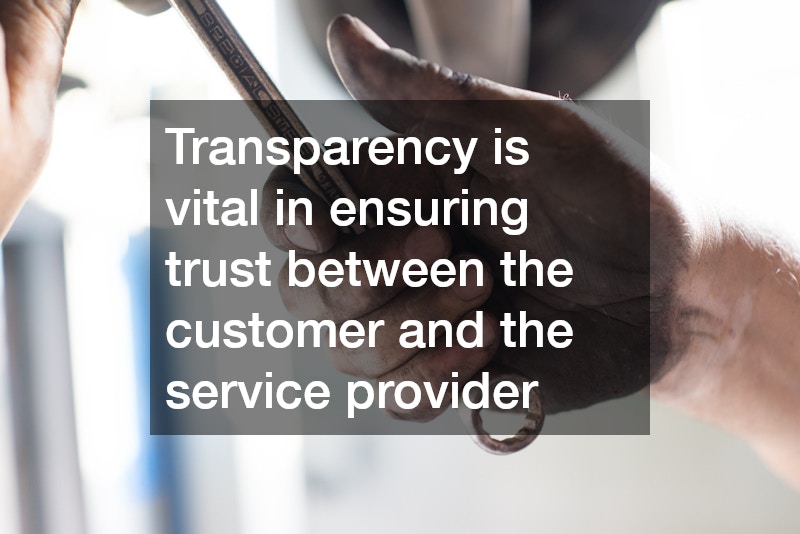After an auto accident, it can be daunting to figure out what to do next. There are so many considerations that come into play, such as insurance, physical health, and emotional damage. However, one important step that can often be neglected is getting your auto body assessed and fixed. Explore these essential auto body repairs to consider after experiencing a car crash, as well as the answers to common auto body questions after an accident. Understanding the necessary repairs can help you make informed decisions and ensure your vehicle is restored to its optimal condition.
What Are Common Types of Damage Sustained in a Crash?
After a car crash, vehicles can suffer from various forms of damage that need to be assessed. One of the most critical types is frame damage, which can severely impact the integrity of the vehicle’s structure. This type of damage often requires specialized equipment and skilled technicians for accurate assessment and repair.
Additionally, structural damage may occur, which can affect safety features and the overall performance of the vehicle. This type of damage often leads to compromised airbag systems and crumple zones, making it essential to address promptly. Addressing structural damage is crucial since it can affect how well a vehicle responds during another potential accident.
Finally, cosmetic damage such as scratches, dents, and paint chips is also common after a crash. While it may not directly impact safety, cosmetic repairs are important for aesthetic reasons and to maintain the vehicle’s resale value. Restoring the vehicle’s appearance can also enhance the owner’s pride in their vehicle post-accident.
How do You Determine If Repair Is Necessary?
Identifying whether your vehicle requires repairs following a crash can sometimes be challenging. Drivers should first check for visible signs of damage, such as body misalignment, which can indicate frame issues. Additionally, obvious mechanical failures like steering problems or braking difficulties should never be overlooked.
Inspecting the vehicle for warning lights on the dashboard is also a critical step in this assessment. These lights often indicate underlying issues that may not be visible externally but need immediate attention. A comprehensive diagnostic check may be warranted to uncover hidden damage that could affect the vehicle’s operation.
Ultimately, obtaining a professional assessment from a qualified mechanic or auto body professional is the best course of action. They can offer a complete evaluation based on their expertise and experience, ensuring that no damage goes unnoticed. This can save time and money in the long run by addressing all necessary repairs comprehensively.
What Should You Expect During the Repair Process?
When taking your vehicle to an auto body shop after a crash, it’s essential to understand the general repair process. Initially, a thorough damage assessment is conducted, including both visible and hidden issues. Afterwards, a detailed estimate is provided that outlines the projected time and cost of repairs.
Throughout the repair process, the shop will often communicate with you regarding the status of the repairs and any additional findings. Customers should feel comfortable asking questions about the process and rate of progress. Transparency is vital in ensuring trust between the customer and the service provider.
Finally, upon completion of the repairs, there should be a quality control check before the vehicle is returned. This thorough examination ensures that all repairs meet safety standards and that the vehicle is functioning properly. Customers should take the time to inspect the work done before taking their car home.
How do You Choose the Right Auto Body Shop?
Choosing the right auto body shop can significantly impact the quality of repairs your vehicle receives. Start by researching shops in your area and looking for customer reviews online. High ratings and positive feedback can give you confidence in a shop’s ability to deliver quality work.
In addition to reviews, checking for proper certifications and affiliations with automotive associations can help ensure the shop meets industry standards. A shop that invests in training and certification is likely committed to providing high-quality service. Furthermore, warranties on repairs can provide peace of mind that the work is backed by the shop.
Another essential factor in your selection process is the shop’s communication style. A reputable shop should be willing to address your concerns and explain the repair process in layman’s terms. Clear communication will not only ensure that you understand the work being done but will also contribute to a better overall customer experience.
Knowing what auto body repairs to consider after a crash can not only save you time and money but also enhance your vehicle’s safety and performance. Always consult professionals and stay informed to ensure your car is repaired correctly. Doing so can bring you peace of mind and increase your safety when you get back on the road. Understanding the answers to these questions will empower you to keep driving as a responsible vehicle owner.

